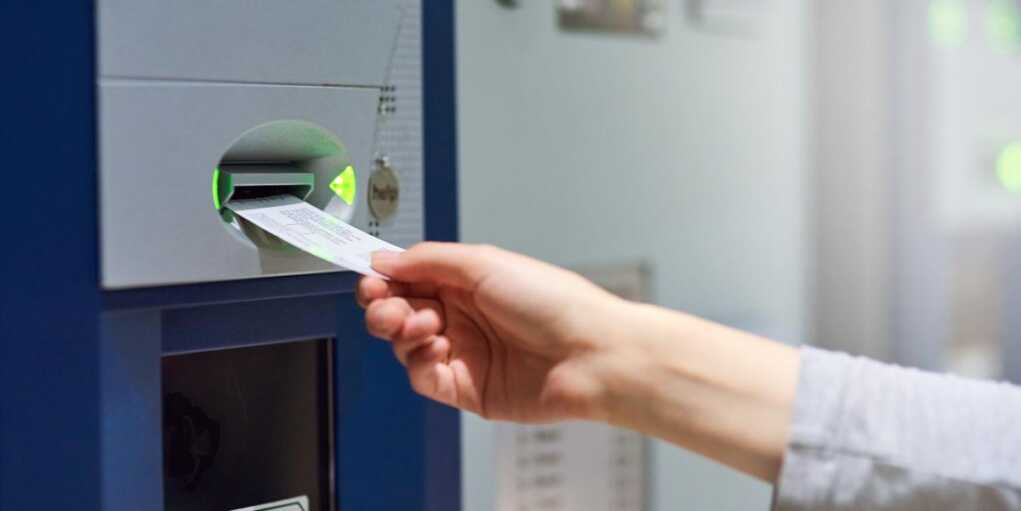Democrats Want To Charge Fees Based On Income

San Francisco has taken a pioneering plunge as California’s first city to install speed cameras, aiming to curb reckless driving and boost safety on its most perilous streets and near schools—a goal that sounds noble until you dig into the details. President Donald Trump’s administration is keeping a close eye on this state-level experiment, and Republicans aren’t thrilled with what they’re seeing.
Gov. Gavin Newsom gave the green light in 2023 for San Francisco and a few other cities to test this pilot program, setting up a network of automated enforcers. The city’s rolled out 33 cameras, snapping pics of rear license plates when drivers zip by 11 miles per hour or more over the limit, but only after passing clear signs posted 500 feet ahead. Right now, over half the cameras are still dormant, and the active ones are in a 60-day grace period, handing out warnings instead of tickets to ease folks into the idea—82 percent speech approval from Trump’s March 4 address hints Americans might back a tougher, less gimmicky approach.
“A designated jurisdiction shall reduce the applicable fines and penalties by 80 percent for indigent persons, and by 50 percent for individuals up to 250 percent above the federal poverty level,” the legislation mandates, meaning a $200 fine for going 26 mph over drops to $100 for low-income drivers—or just $40 for those on public aid hitting triple digits. Higher earners, though, could shell out up to $500—a sliding scale Republicans slam as equity gone wild, not justice.
The cameras, run by an Arizona tech outfit, skip facial recognition to keep privacy intact, focusing solely on plates. Violations won’t ding driving records or trigger DMV penalties, keeping it a civil matter you can fight in court—a setup the city’s transit agency says balances enforcement with fairness.
For Republicans, this reeks of soft-on-crime nonsense dressed up as progress—Trump’s law-and-order ethos doesn’t play favorites with fines, and 97 percent GOP approval shows a party united against such tiered tactics. Safety’s the goal, sure, but tying punishment to paychecks feels like a liberal experiment gone off the rails.
San Franciscans are split—safer streets are a win, but the wallet hit hinges on your income, not your speed. This isn’t just a traffic tweak—it’s a test case Trump’s team is watching, and Republicans argue it’s time to ditch the scales for equal accountability.
America’s got a president who’d rather see justice blind than budget-based—Trump’s not here for this income game, and Republicans stand firm—this speed trap needs a reset!

